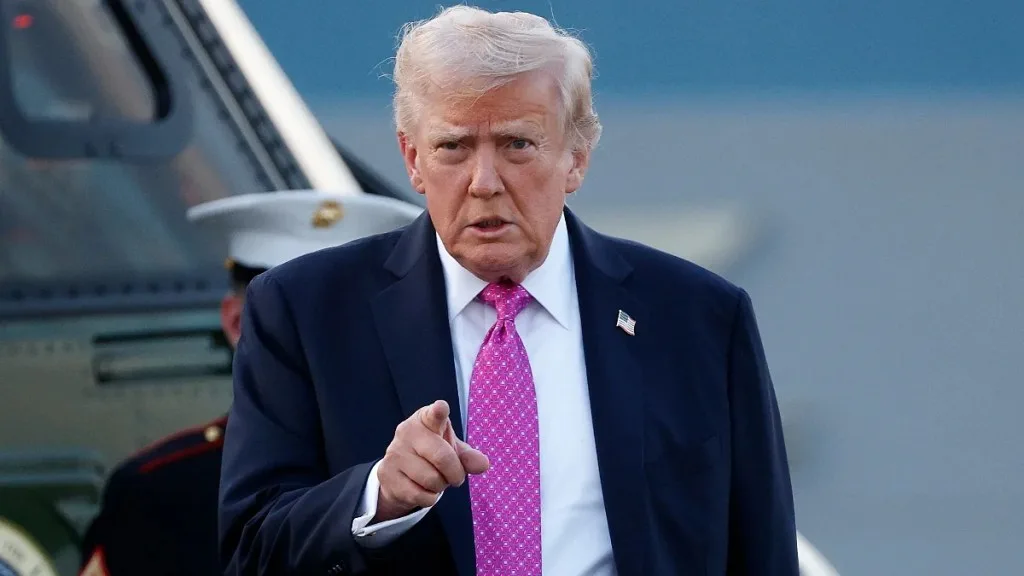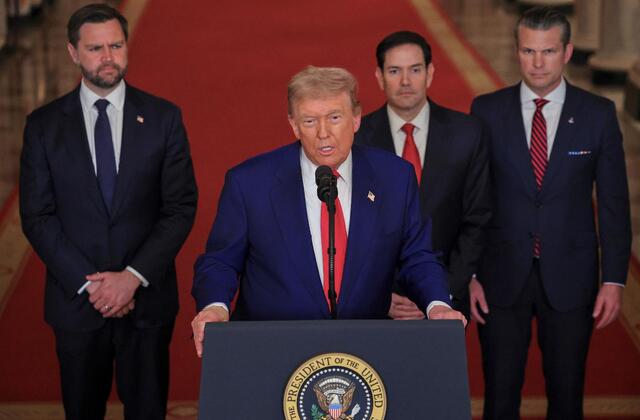YouTube Agrees to Pay $24.5 Million to Settle Donald Trump’s 2021 Account Suspension Lawsuit
- bykrish rathore
- 30 September, 2025

In a significant development in the ongoing disputes between major tech companies and former U.S. President Donald Trump, YouTube, a subsidiary of Alphabet, has agreed to pay $24.5 million to settle a lawsuit filed over the suspension of Trump’s account in 2021. The settlement marks yet another major resolution in Trump’s broader legal battle against social media giants that banned him following the January 6 Capitol riot.
Trump’s YouTube account was suspended in January 2021 after the violent events at the Capitol, with the platform citing risks of further incitement to violence. The ban, which came alongside similar actions from Twitter (now X) and Facebook (Meta), was part of an unprecedented wave of restrictions placed on a sitting or former U.S. president. Trump, however, fought back by filing lawsuits against these companies, arguing that his First Amendment rights had been violated and that big tech platforms had engaged in political censorship.
Under the terms of the settlement announced in late September 2025, YouTube has agreed to channel $22 million toward the Trust for the National Mall, a nonprofit organization connected to Trump’s long-discussed plans to build a ballroom at the White House. This allocation reflects Trump’s emphasis on legacy projects and his push to leave a lasting mark on American political and cultural history. The remaining $2.5 million will be distributed among co-plaintiffs in the case, including the American Conservative Union and author Naomi Wolf, both of whom argued that YouTube’s suspension policies unfairly restricted their speech.
Importantly, the settlement was reached without YouTube or Alphabet admitting any wrongdoing. The company has consistently defended its suspension of Trump’s account as a matter of public safety and adherence to its own community guidelines, which prohibit content that could incite violence. By settling, YouTube avoids a prolonged court battle while Trump and his allies secure both financial compensation and a symbolic victory in their fight against what they call “tech censorship.”
This agreement is not an isolated case. Earlier in 2025, Meta agreed to a $25 million settlement with Trump over his Facebook and Instagram bans, while X (formerly Twitter) settled for $10 million. Together, these settlements show a pattern of major tech firms choosing resolution over litigation, even while declining to concede Trump’s claims.
The reinstatement of Trump’s accounts has already taken place, with YouTube lifting his suspension in 2023, allowing him to upload campaign materials, speeches, and political messaging. Nonetheless, the financial settlements serve as an acknowledgment of the controversy and legal pressure surrounding the bans.
For Trump, the settlements come at a politically critical time, as he leverages them to reinforce his narrative of being unfairly silenced by powerful corporations aligned against him. Supporters see the payouts as proof that tech platforms overstepped their authority, while critics argue that the deals merely reflect the companies’ desire to avoid costly and distracting lawsuits.
For YouTube and its parent company Alphabet, the decision highlights the delicate balance between platform responsibility and political free speech. While the platform insists on its right to moderate harmful content, it also faces ongoing scrutiny from lawmakers, advocacy groups, and users about transparency, accountability, and fairness in its policies.
In the broader context, these settlements underscore the evolving relationship between social media platforms and high-profile political figures. The Trump-YouTube settlement not only closes a chapter in a contentious legal battle but also sets a precedent for how tech companies may handle disputes with influential users in the future.
As the 2026 U.S. elections approach, the settlement is likely to remain a point of debate in discussions over free speech, corporate power, and the role of digital platforms in shaping political discourse. For now, Trump can claim another victory in his fight against “Big Tech,” while YouTube, like Meta and X before it, moves forward with a costly but calculated resolution.
Note: Content and images are for informational use only. For any concerns, contact us at info@rajasthaninews.com.
TSMC Optimistic Amid...
Related Post
Hot Categories
Recent News
Daily Newsletter
Get all the top stories from Blogs to keep track.











